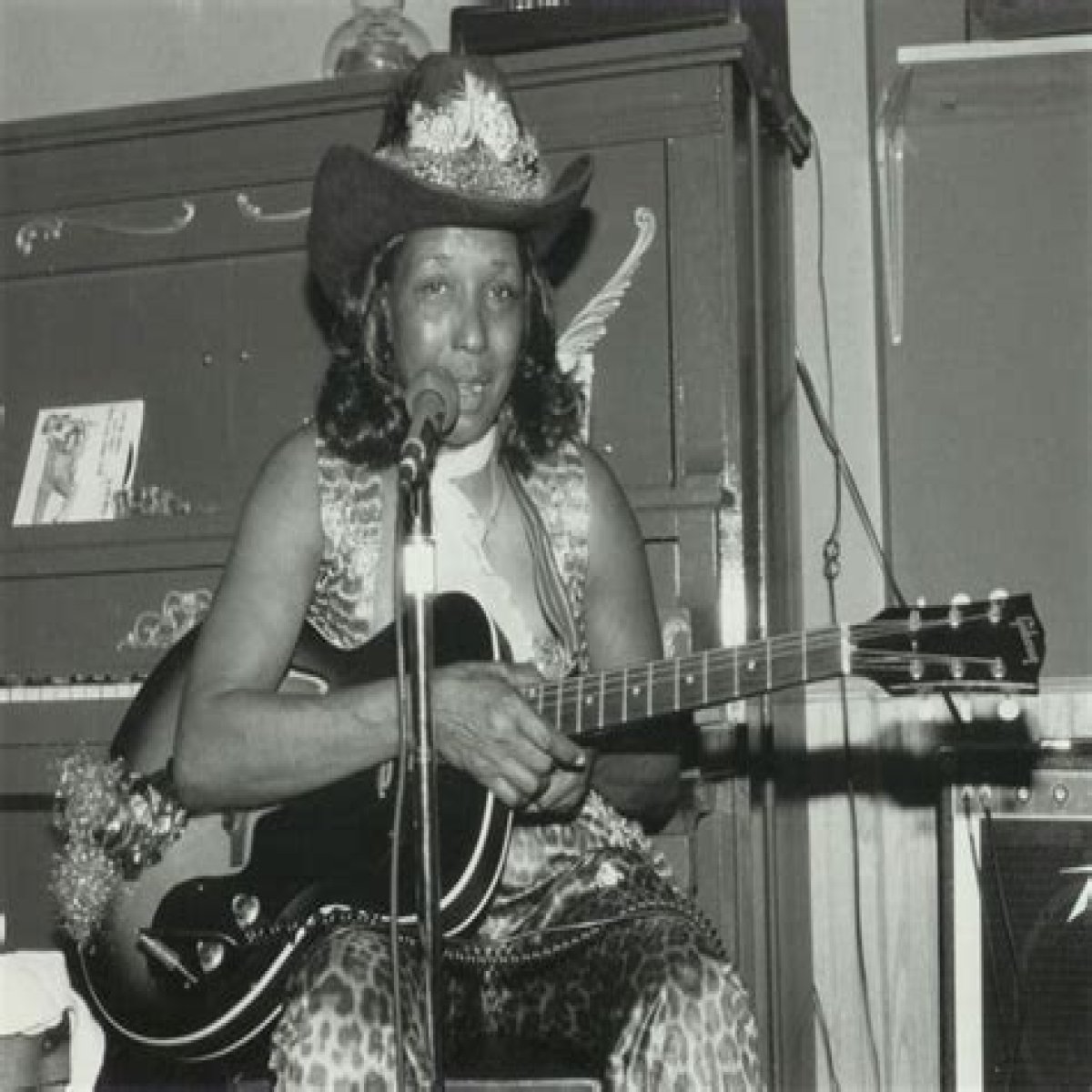Who were the pioneering black female guitarists of the 1950s, and what impact did they have on music?
Black female guitarists were few and far between in the 1950s, but those who did play made a significant impact on the music scene. These women were pioneers who paved the way for future generations of female guitarists, and their music continues to inspire and influence musicians today.
Some of the most notable black female guitarists of the 1950s include:
| Name | Birth Year | Death Year | Genre |
|---|---|---|---|
| Sister Rosetta Tharpe | 1915 | 1973 | Gospel, blues |
| Memphis Minnie | 1897 | 1973 | Blues |
| Big Mama Thornton | 1926 | 1984 | Blues, rhythm and blues |
| Lucille Bogan | 1897 | 1948 | Blues |
| Lil' Son Jackson | 1889 | 1971 | Blues |
These women were all highly skilled guitarists who played a variety of styles, from blues to gospel to rock and roll. They were also pioneers in the music industry, as they were among the first women to play guitar professionally. Their music helped to break down racial barriers and pave the way for future generations of female musicians.
The black female guitarists of the 1950s were true pioneers who made a significant impact on music. Their music continues to inspire and influence musicians today, and their legacy will continue to live on for many years to come.
FAQs on Black Female Guitarists of the 1950s
This section provides answers to frequently asked questions about black female guitarists of the 1950s, addressing common misconceptions and shedding light on their contributions to music.
Question 1: Who were some of the most influential black female guitarists of the 1950s?
Several black female guitarists made significant contributions during the 1950s, including Sister Rosetta Tharpe, Memphis Minnie, Big Mama Thornton, Lucille Bogan, and Lil' Son Jackson. These women showcased exceptional guitar skills and played a range of genres, from blues to gospel to rock and roll.
Question 2: What were the challenges faced by black female guitarists in the 1950s?
Black female guitarists in the 1950s faced numerous challenges, including racial discrimination, limited opportunities for performance, and lack of recognition within the music industry. Despite these obstacles, they persevered and made significant strides in breaking down barriers and paving the way for future generations of female musicians.
In conclusion, black female guitarists of the 1950s were trailblazers who left an indelible mark on music. They faced challenges but remained resilient, inspiring and influencing musicians to this day.
Conclusion
Black female guitarists of the 1950s were pioneers who made significant contributions to music, despite facing numerous challenges. Their talent, resilience, and determination paved the way for future generations of female musicians.
These women deserve to be celebrated and remembered for their groundbreaking achievements. Their music continues to inspire and influence musicians today, and their legacy will continue to live on for many years to come.
